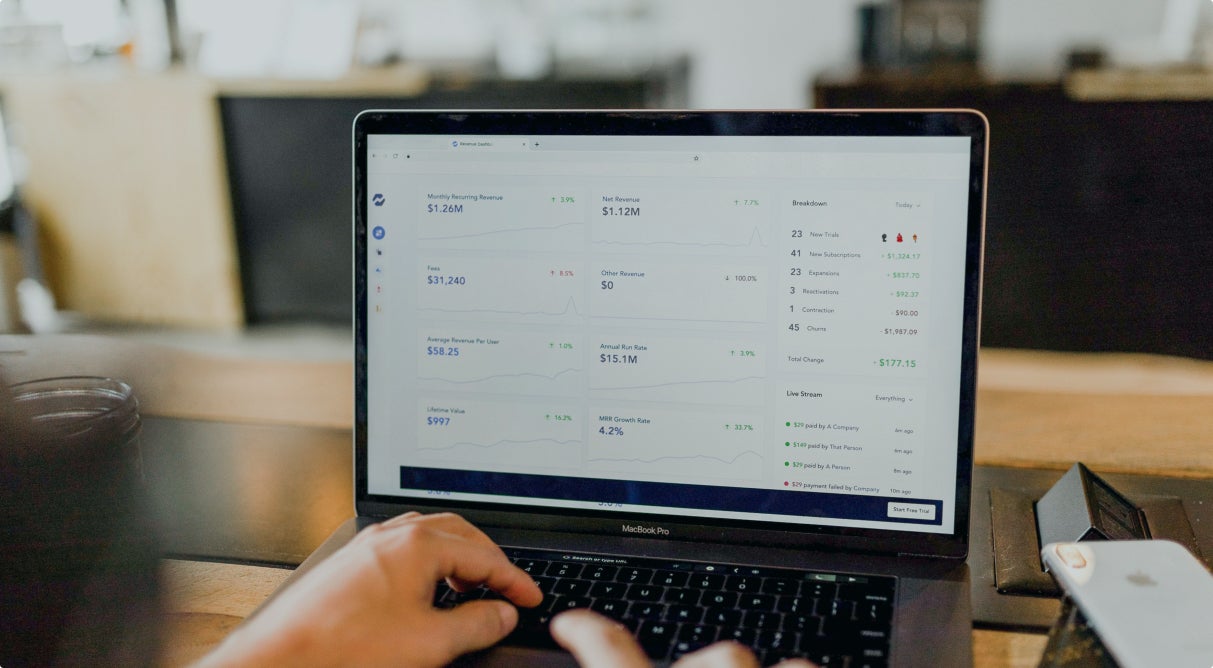
FRAUD PREVENTION
Protect Your Information
It’s important to protect your personal and financial information online. Follow these important steps:

Monitor Your Financial Accounts
Regularly monitor your bank and financial accounts and set up alert features. This will help keep you notified of any unusual events when they occur.

Stay Alert
It is important to be skeptical and cautious of all communications and mail received. If you are unsure about the validity of the communication received, we recommend contacting the company directly.

Initiate a Fraud Alert
If you are a victim of fraud, set a fraud alert on your credit report with one of the three major credit bureaus (Experian, TransUnion® or Equifax®). This will warn lenders that you may be a fraud victim.
The fraud alert will stay on your credit report for 90 days and you can renew the fraud alert when it expires. This extra precaution will notify potential lenders that they should contact you before granting a new line of credit in your name.

Monitor Your Credit Reports
You can check your credit report for free once every twelve months by visiting AnnualCreditReport.com. Checking your credit report can help you identify any unusual activity, such as new accounts, new personal information, or inquiries.

Freeze or Lock Your Credit File
You may consider adding a free security freeze with one of the three credit bureaus. A security freeze may prevent potential lenders from accessing your credit report.
Fraud & Security Resources:
- Washington State Dept of Financial Institutions – Steps to Take After a Data Breach
- WA State Attorney General – Identity Theft and Privacy Guide for Businesses
- VISA® – Protect Your Identity
- CFPB – How Can I Spot Identity Theft??
- FTC – How to Recognize and Avoid Phishing Scams
- FTC – Identity Theft
- FTC – When Information is Lost or Exposed
- FTC – How to Catch Phishing Schemes and Report Them
- FTC – How to Keep Your Personal Information Secure
- FTC – How to Avoid a Scam
- FTC – Computer Security
Financial Education Resources:
- CFPB – Tools to Help When You Can’t Pay Your Bills
- CFPB – Protecting your Finances During the Coronavirus Pandemic
- CFPB – General Consumer Finance Education and Resources
- FDIC – COVID-19 and Your Financial Health
- FDIC – Understanding Deposit Insurance
- American Bankers Association – Banks Never Ask That





















